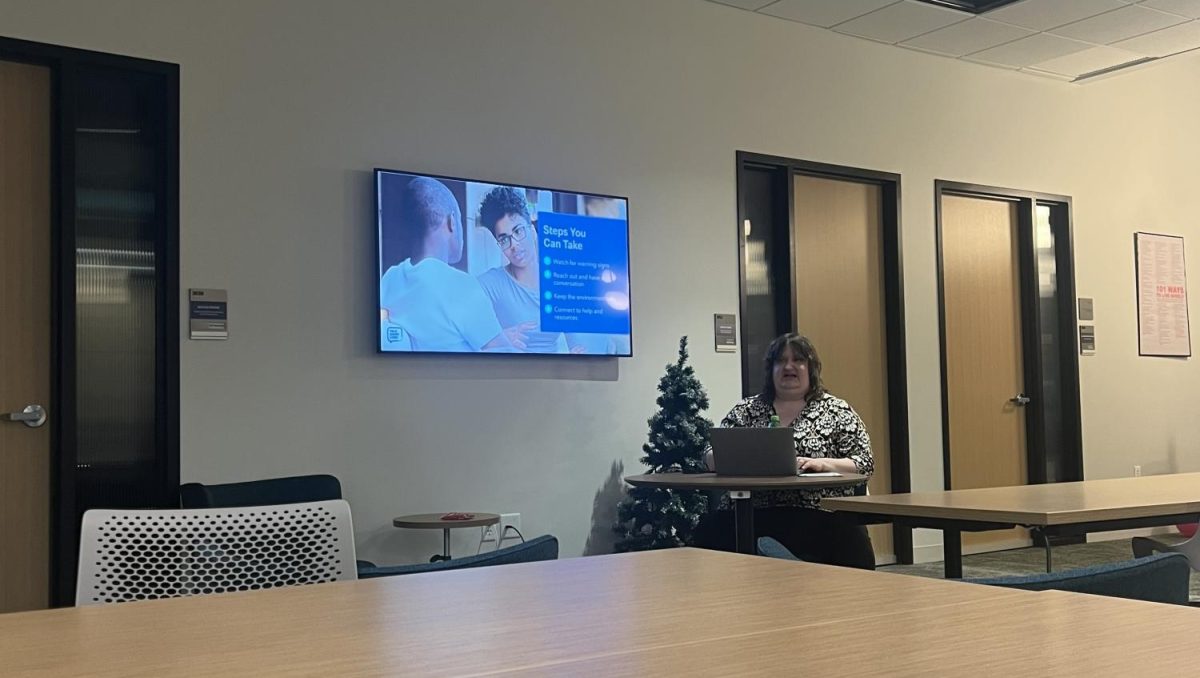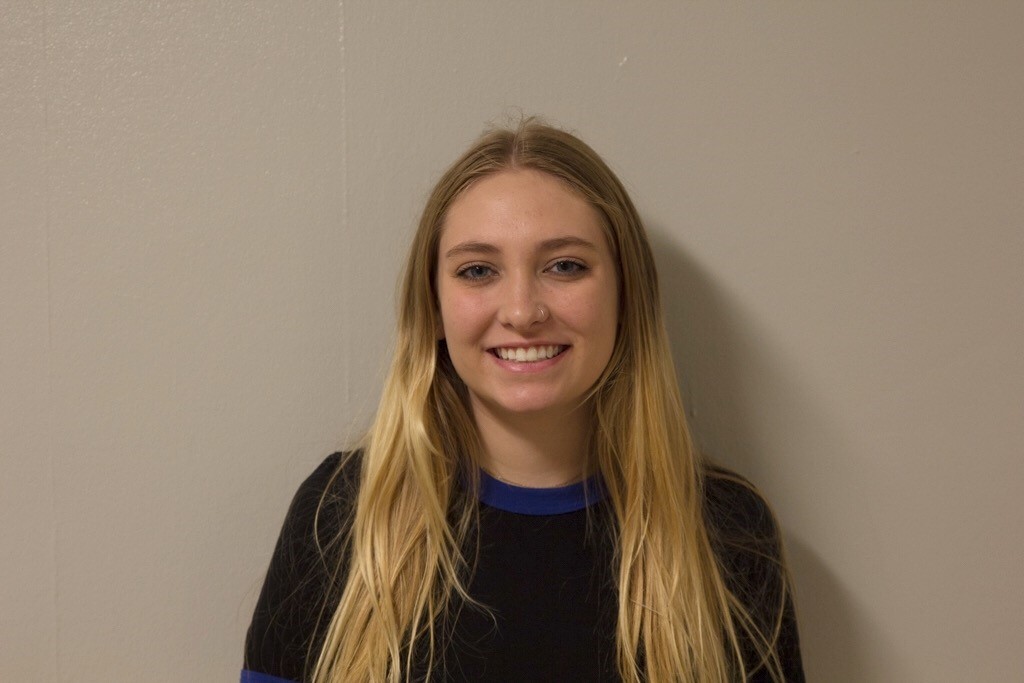
While preparing for graduation, Marissa Evans, senior in the College of Communication and president of the Marquette chapter of the National Association of Black Journalists, is hoping to fill an underrepresented part of media discussion. Last month, Evans launched InHue, an online magazine that focuses on health issues for women of color.
Evans said she has been planning the magazine for the past couple of years. She said her inspiration came from the realization that mainstream health magazines tend not to write content for women of color, in spite of the severe health disparities that impact this group.
Statistically, minority are more likely to be impacted by obesity, diabetes, breast cancer, cervical cancer and other diseases. For example, they are two to three times more likely to die of cervical cancer than white women.
“I felt that something was missing,” Evans said.
Last January, she bought the web domain name for InHue. She began the magazine using knowledge she gained through various courses at Marquette – such as a magazine design class and an entrepreneurship class – and through internships at the Washington Post, the Star Tribune and the Milwaukee Journal Sentinel as well as work at the Marquette Tribune.
Over the summer of 2012, Evans focused her efforts and discovered there was a lot of potential interest in the topic. Evans said she received about 100 applications between July and December of 2012 for positions with the magazine.
The site launched last month and features articles about Crossfit, dating and sex columns called “Dismiss the Myth” & “Bedside Manner.” The site also has coverage of cervical cancer and HPV amongst women of color in honor of Cervical Cancer Awareness Month in January.
“The mission is to empower women to live healthier lifestyles,” she said. “We want to make them realize that they can be healthy and live an active life.”
The business of making a magazine is exciting, but also quite challenging, she said.
“Launching a new magazine is a risky venture,” said Ana Garner, an associate journalism professor who taught Evans magazine design.
Garner said there was a need for a magazine such as InHue, which targets a specific and underrepresented audience.
Alex Stewart, the Coleman Foundation Chair in Entrepreneurship, said the two challenges of student entrepreneurs are time management and creating credibility. He said Evans’ potential audience is a well-defined niche that could attract advertisers, which would help with the process.
John Peterson, an instructor of entrepreneurship in the College of Business Administration who helped with the launch of InHue, said a specific challenge the magazine might face is sustaining itself long enough to build revenue streams.
“This requires a delicate balancing act of providing viable content to the subscriber base while attracting advertisers interested in that demographic,” he said.
Evans said she wanted to make InHue accessible to women of color of various ages and backgrounds, not just young women. Health issues such as diabetes, breast cancer and cervical cancer impact many age groups, and prevention techniques can help at any age. She said it was frustrating to only have statistics about health problems for these women and not have many solutions.
Evans said that InHue will remain in an online format for the time being. She said she was passionate about the project and that the news section was very important as a way of defining things such as the Affordable Health Care Act and the impact that national policy changes can have on access at the local level.
“I want it to be the Time Magazine of health magazines,” she said. “I want it to be so that (readers) feel like it was made for them.”








